Stories about "Holly Ewing"
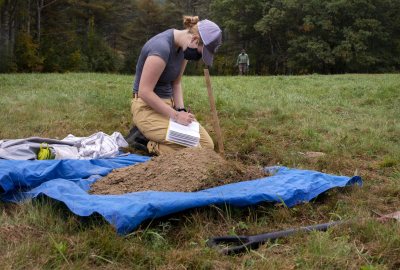
Bates students dig into the science of dirt in a historic Maine landscape
Monday, December 7, 2020 5:46 pm
Bates environmental studies professor Holly Ewing guides her students to historic coastal Maine farmland for course that digs into the science of dirt.
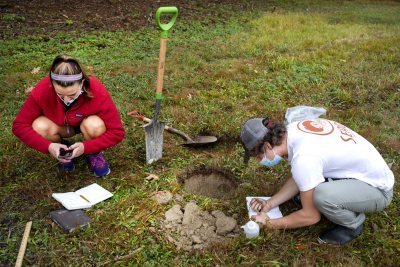
Picture story: “Thankful to get off campus and my hands dirty”
Thursday, October 8, 2020 4:01 pm
Follow along as Bates environmental studies students go off campus and dig into the science of dirt at a stunning coastal Maine site.
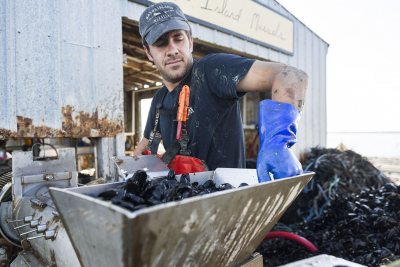
Bates in the News: Nov. 22, 2019
Friday, November 22, 2019 9:46 am
Bates research gets a national spotlight, two bestselling alumnae authors release new books, and an alum investigates basketball flops.
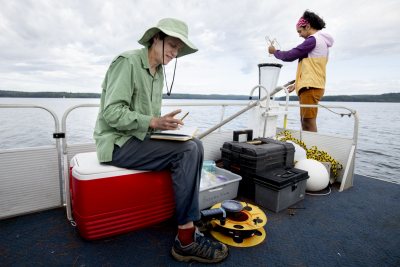
Bates scientist has pivotal role in $6 million project to better predict lake cyanobacterial blooms
Wednesday, October 23, 2019 9:06 am
Holly Ewing is integral to the National Science Foundation-funded project to use big data and robotics against the growing hazard of blue-green algae blooms.
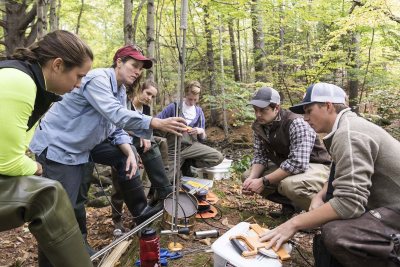
Cheers for the Chairs: Holly Ewing appointed to Johnson Professorship
Monday, May 7, 2018 3:35 pm
Ewing's research, often with student collaborators, investigates the interconnections among atmospheric, terrestrial, and aquatic ecosystems.
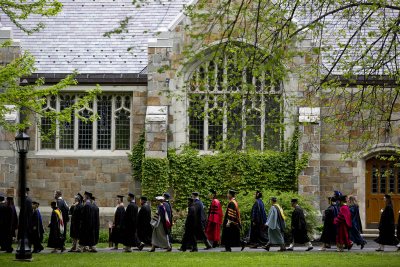
Bates announces faculty promotions including tenure and full professorships
Sunday, May 8, 2016 11:35 am
Learn who's received tenure and a promotion to full professor, and read their "Why I teach" statements.
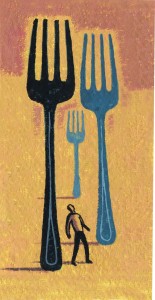
Students join investigation of barriers to wholesome food in Lewiston-Auburn
Friday, June 15, 2012 12:00 am
Bates students gathered, analyzed and helped present information that got Good Food for Lewiston-Auburn initiative going.